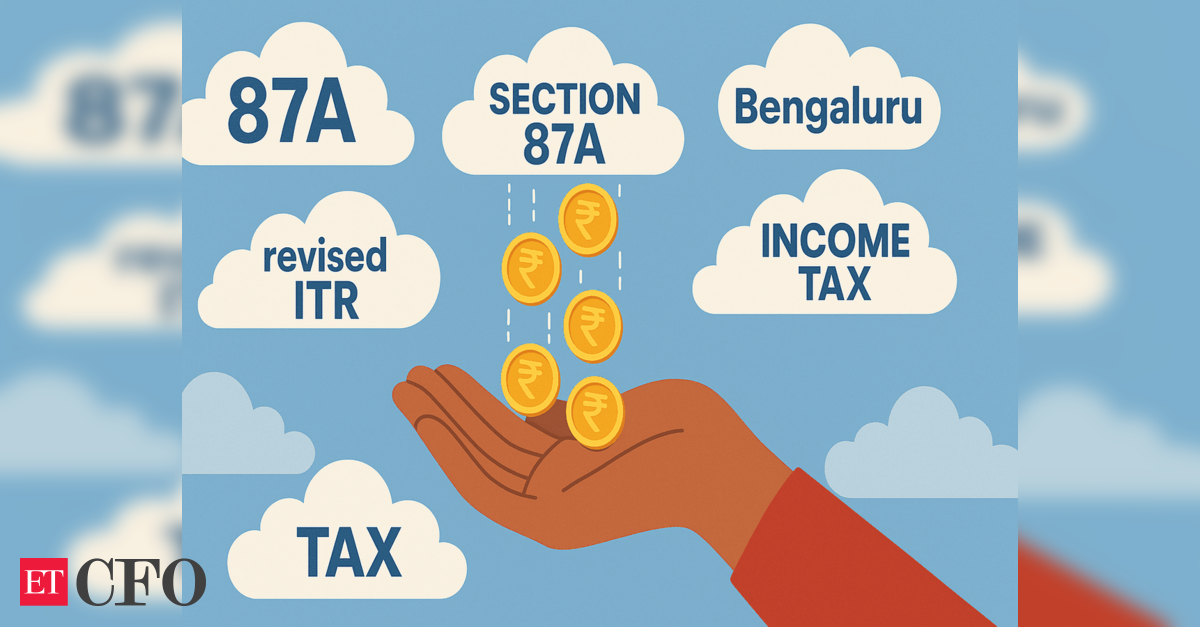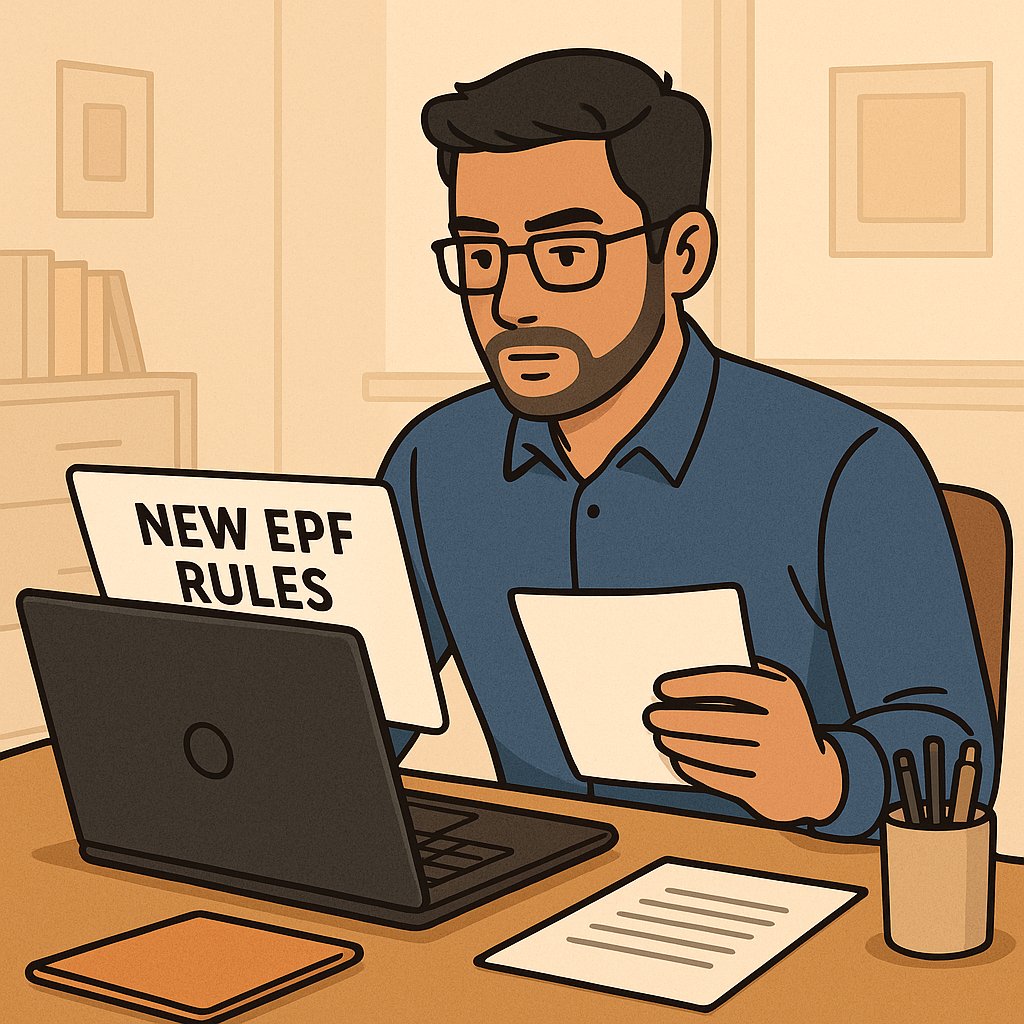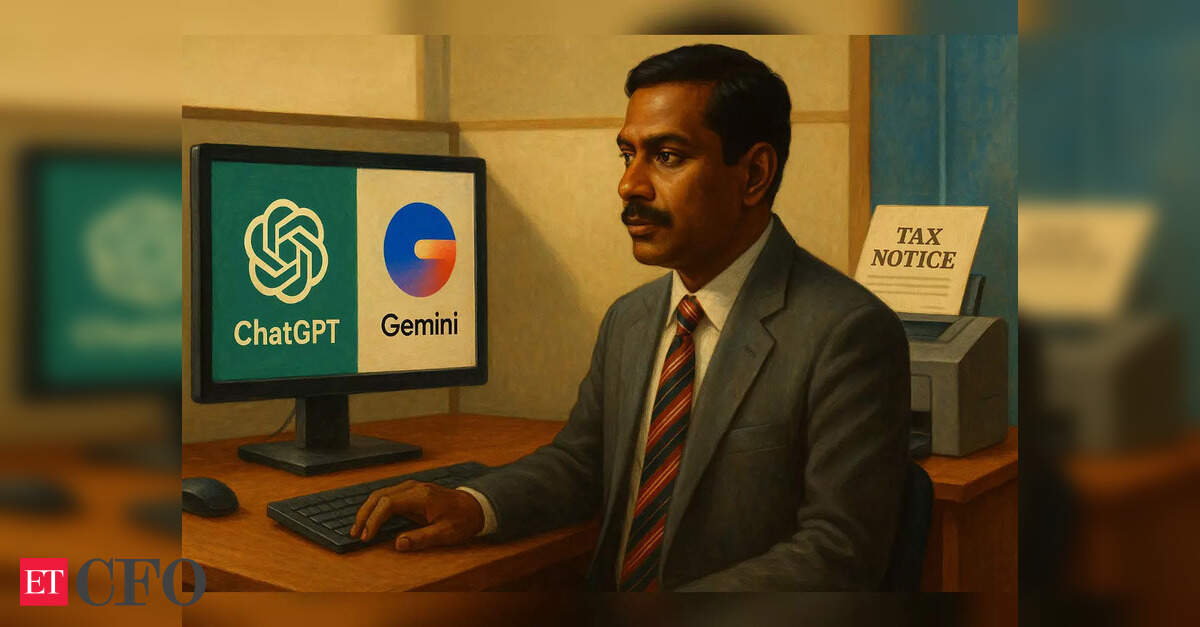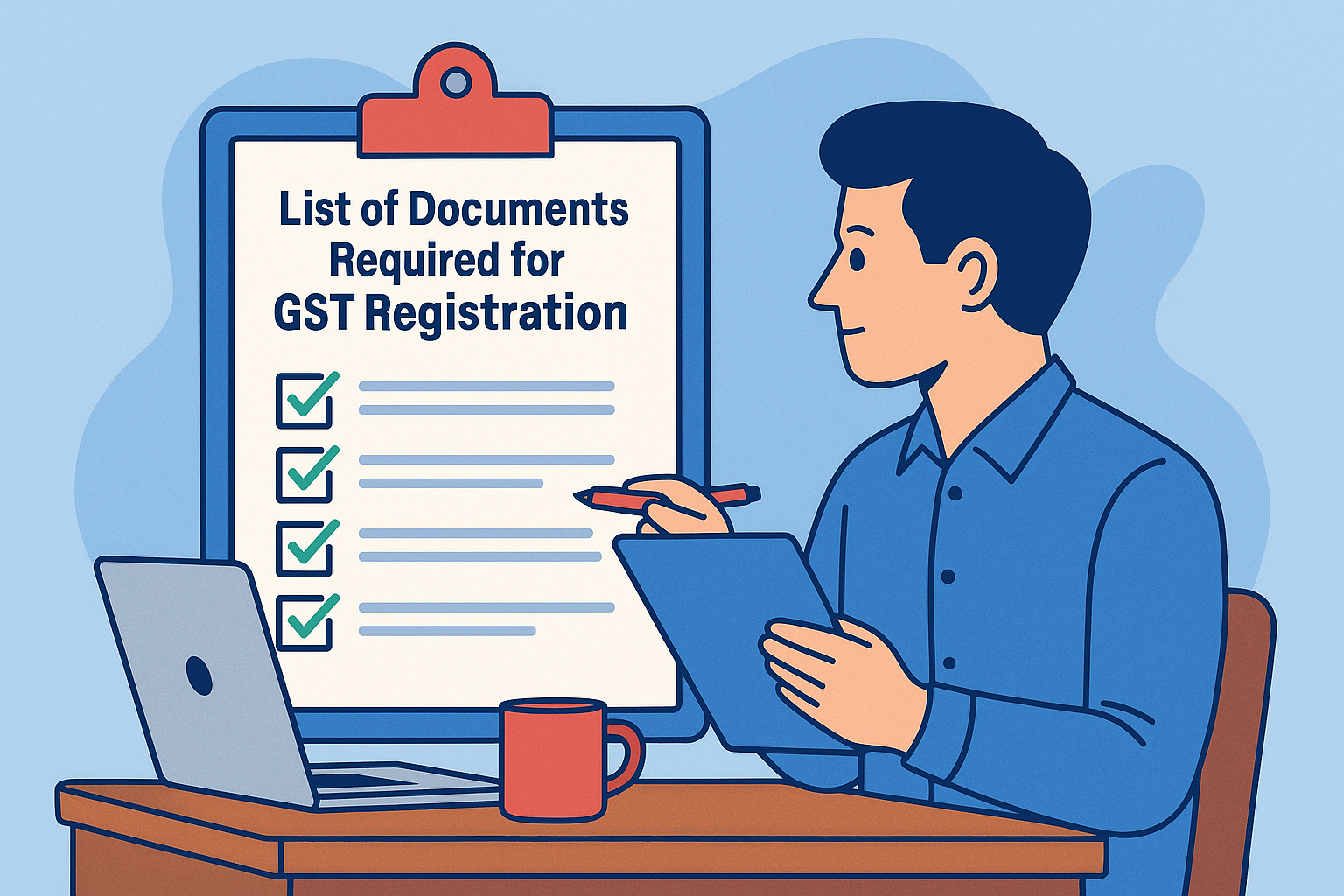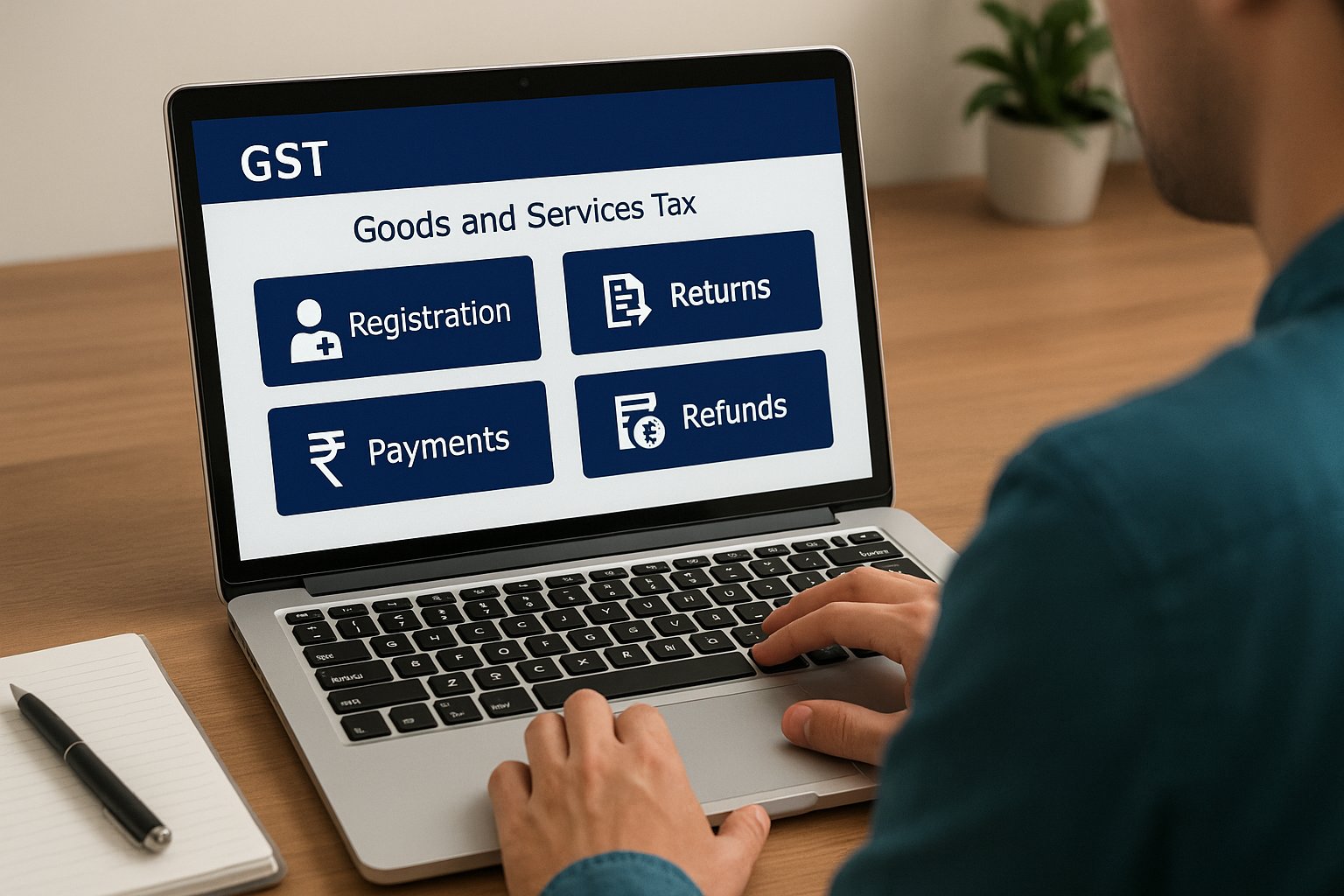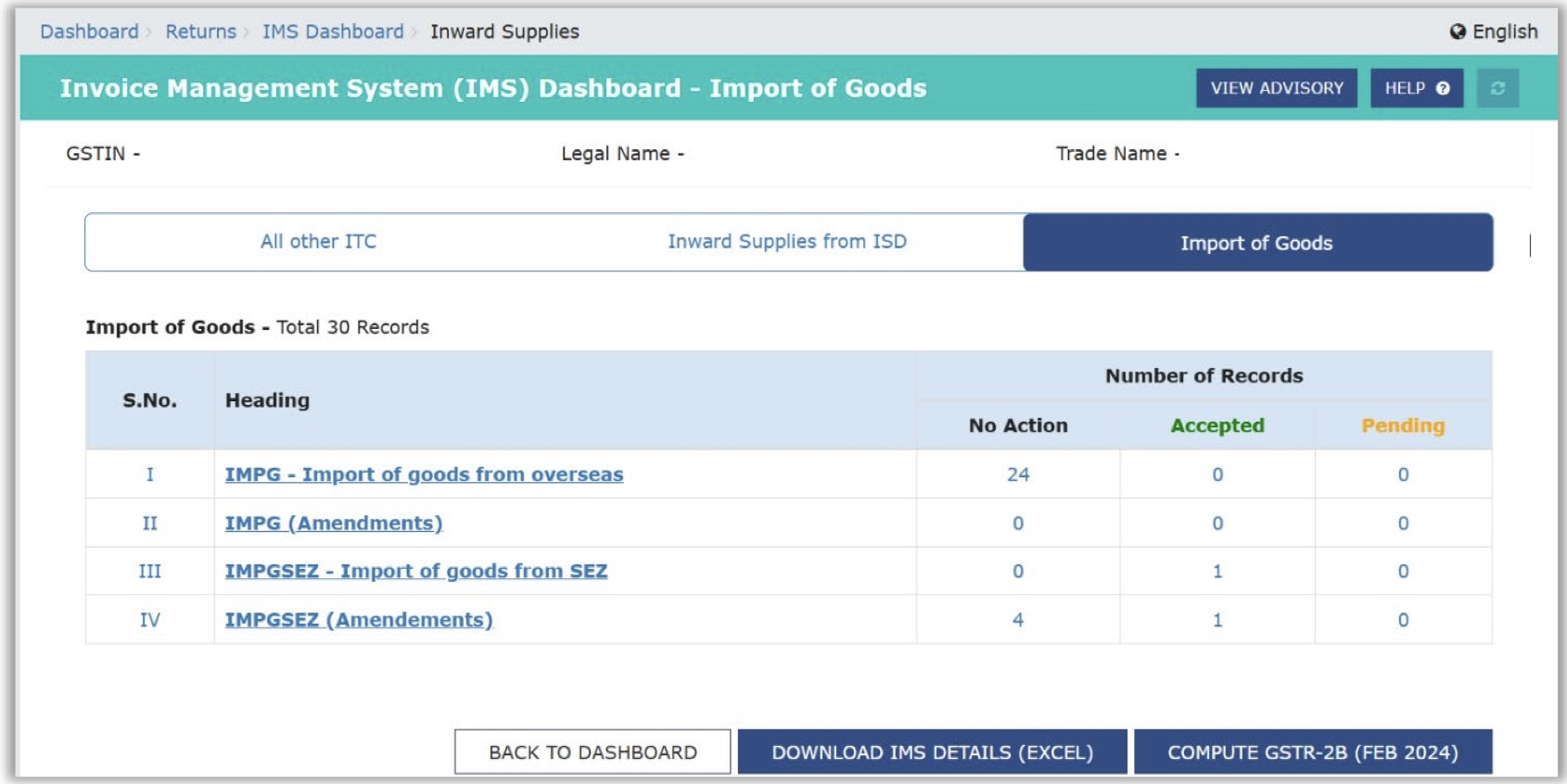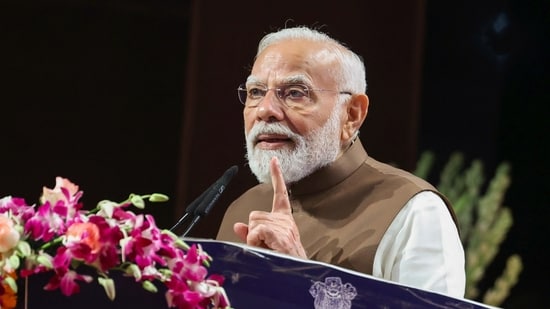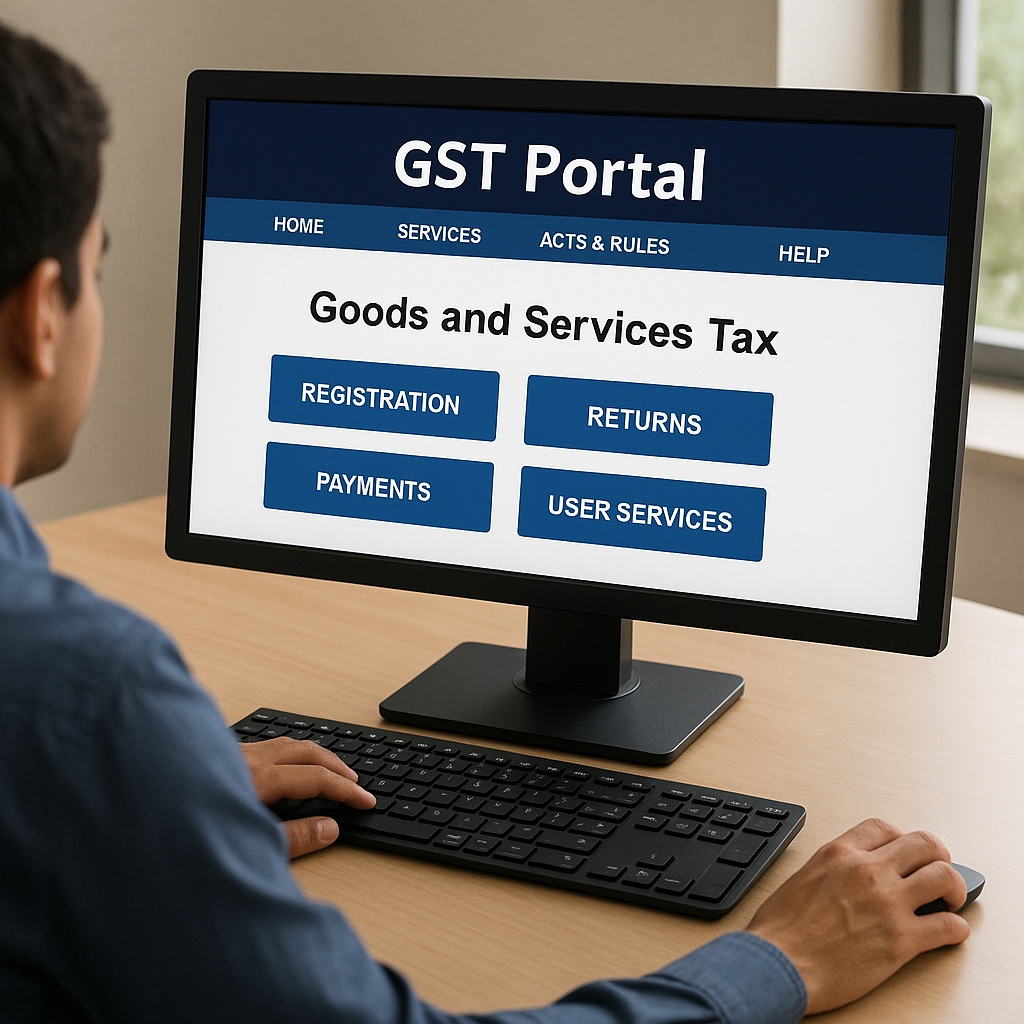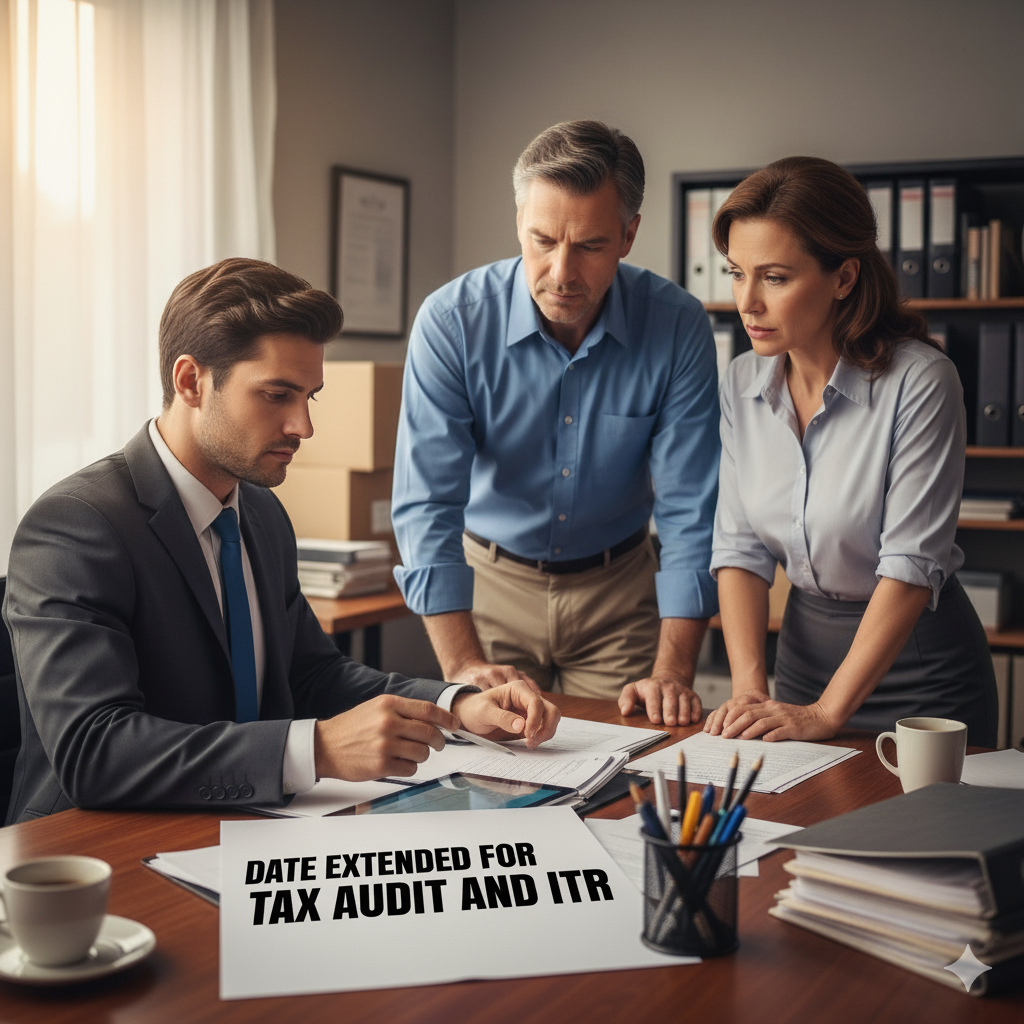In a big win for a taxpayer, the vice president of the Income Tax Appellate Tribunal (ITAT), Bengaluru bench has allowed the assessee, T. Jakkarajua, to. claim Section 87A tax rebate even though it was submitted in the revised ITR and not the originally filed ITR. To put it simply, we need to file an original ITR by the deadline (usually July 31) and then any ITR can be filed to correct the original by December 31 of the same year; this is known as a revised ITR.
You can claim the Section 87A tax rebate both under the old and the new tax regimes, and by doing so, your net tax liability can drop to zero. For FY 2024-25 (AY 2025-26), you claim the Section 87A tax rebate for income up to Rs 7 lakh under the new tax regime. For FY 2025-26 (AY 2026-27), you can claim Section 87A tax rebate for income up to Rs 12 lakh under the new tax regime.
Check out the details below to see how T. Jakkarraju won this case and what the ITAT Bangalore had to say:
How did this case start?
According to the order of ITAT Bangalore dated June 30, 2025, here are the brief facts of the case:
- The brief facts of the case show that the assessee (T. Jakkarraju) filed the original return of income (ITR) on June 22, 2024 which was processed on June 30, 2024 at the same income.
- Subsequently on July 11, 2024, assessee (Jakkarraju) revised its return of income (ITR) which was processed on September 24, 2024 claiming rebate under Section 87A of Rs 21,350.
- In the intimation, the above Section 87A rebate was denied. Aggrieved with the same, assessee (T. Jakkarraju) preferred before the ld. CIT(A).
What did Jakkarraju’s lawyers say before ITAT Bangalore?
Jakkarraju’s lawyers said:
- The ld. AR submitted that assessee (T. Jakkarraju) has failed to claim tax rebate under the provisions of Section 87A which is an error and omission in the original return of income and therefore revision of return is proper.
- He further submitted that even in the new regime or old regime, there is no difference in the claim of rebate under Section 87A of the Act.
- He referred to the provisions of section 115BAC to show that relief under Section 87A is available in both the regimes and therefore rejection of return of income of the assessee (T. Jakkarraju) claiming such rebate is not proper. He further submitted that the provisions of section 143(1)(a) also do not refer to the adjustment on account of relief under Section 87A of the Act. Therefore, the order of the ld. CIT(A) is not valid.
What did ITAT Bangalore say about Section 87A tax rebate?
The Vice President of ITAT Bangalore– Prashant Maharishi, said in the order dated June 30, 2025:
- We have carefully considered the rival contentions.
- The facts show that the assessee (T. Jakkarraju) filed the original return of income (ITR) claiming benefit under the old regime on June 22, 2024. It was processed u/s. 143(1) on June 30, 2024.
- There is no adjustment under that intimation. However, the assessee subsequently has filed a return of income (ITR) on July 11, 2024 wherein assessee (T. Jakkarraju) claimed rebate under Section 87A of the Act amounting to Rs 21,350.
- This was processed on September 24, 2024 and it was denied to the assessee.
- The ld. CIT(A) held that as held by the Hon’ble Supreme Court in the case of CIT v Wipro Ltd., revised return cannot be filed to convert the original return into loss return in the absence of any omission or mistake.
- I find that the above judgment does not apply to the facts of the present case for the reason that there is error and omission in the original return of income of not claiming rebate under Section 87A of the Act.
- I find that this issue is covered by the decision of the Hon’ble Bombay High Court in the case of Chamber of Tax Consultant v. DGIT (System) [2025] 473 ITR 85 wherein the claim under Section 87A is allowed. In view of the above decision of the Hon’ble Bombay High Court, assessee is entitled to rebate u/s. 87A of the Income Tax Act, 1961.
- Accordingly, I direct the ld. AO to allow rebate under Section 87A to the assessee amounting to Rs 21,350.
- Accordingly, the appeal of the assessee is allowed. Pronounced in the open court on this 30th day of June, 2025.
What is the significance of this judgement?
ET Wealth Online has asked various experts about the significance of this judgement, here’s what they said:
Expert says: “In this order, the Honourable Income Tax Appellate Tribunal (ITAT) has held that if a taxpayer fails to claim the rebate under Section 87A in the original Income Tax Return (ITR), it can be claimed by filing a revised ITR. The ITAT reasoned that since the claim was not made in the original ITR, it constitutes an “error or omission,” thereby satisfying the prerequisite for filing a revised ITR.”
Expert says says: Section 87A of the Income Tax Act, 1961 has a clear intent of providing meaningful relief to small taxpayers. The lawmakers designed this provision to ease the tax burden on individuals with modest incomes. In this case, the Tribunal rightly held that the assessee’s failure to claim the rebate in the original return was a genuine error, which the law permits to be rectified through a revised return.
By relying on the Bombay High Court’s ruling in Chamber of Tax Consultant v. DGIT (System), the ITAT reinforced that a statutory relief expressly intended by Parliament cannot be denied on technical grounds. This decision not only upholds the taxpayer’s right to claim such relief but also reflects the broader legislative intent of equitable and fair taxation.
Expert says, says: “As anticipated, the Income Tax Appellate Tribunal’s third ruling came in favour of the taxpayer. The Bengaluru ITAT Bench, relying on the Bombay High Court’s ruling in the Chamber of Tax Consultants, directed the assessing officer to allow the due rebate under Section 87A, amounting to Rs. 21,350.”
“It is worth recalling the Bombay High Court’s January 2025 ruling, which was not in line with what aggrieved taxpayers anticipated at the time. Instead, the ruling granted liberty to them to explore other alternative remedies available under the Income-tax law. Accordingly, taxpayers were left with the option of approaching the jurisdictional Commissioner of Income Tax (Appeals) on the grounds of principles of natural justice and others.”
“Post the Bombay High Court’s ruling, the CBDT’s clarification was awaited. However, there has been no clarificatory circular issued so far. Thus, now the taxpayers as well as tax professionals are in a dilemma whether to claim the Section 87A rebate or not. Due to the Department’s absence of a clear stand, for mere Rs. 21,350/-, a taxpayer was compelled to approach CIT (A) and thereafter, the Appellate Tribunal. Irony was that he was also compelled to cough out more or less equal to the rebate amount as a professional fee for engaging his authorised representative or advocate before the Commissioner (Appeals) and Appellate Tribunal.
Since India is gearing up for the new Income Tax Act, 2025, it is appropriate for the Finance Ministry to issue clear instructions to CPC and avoid piling up of small cases before the lower rung of the judiciary.”
Visit www.cagurujiclasses.com for practical courses
